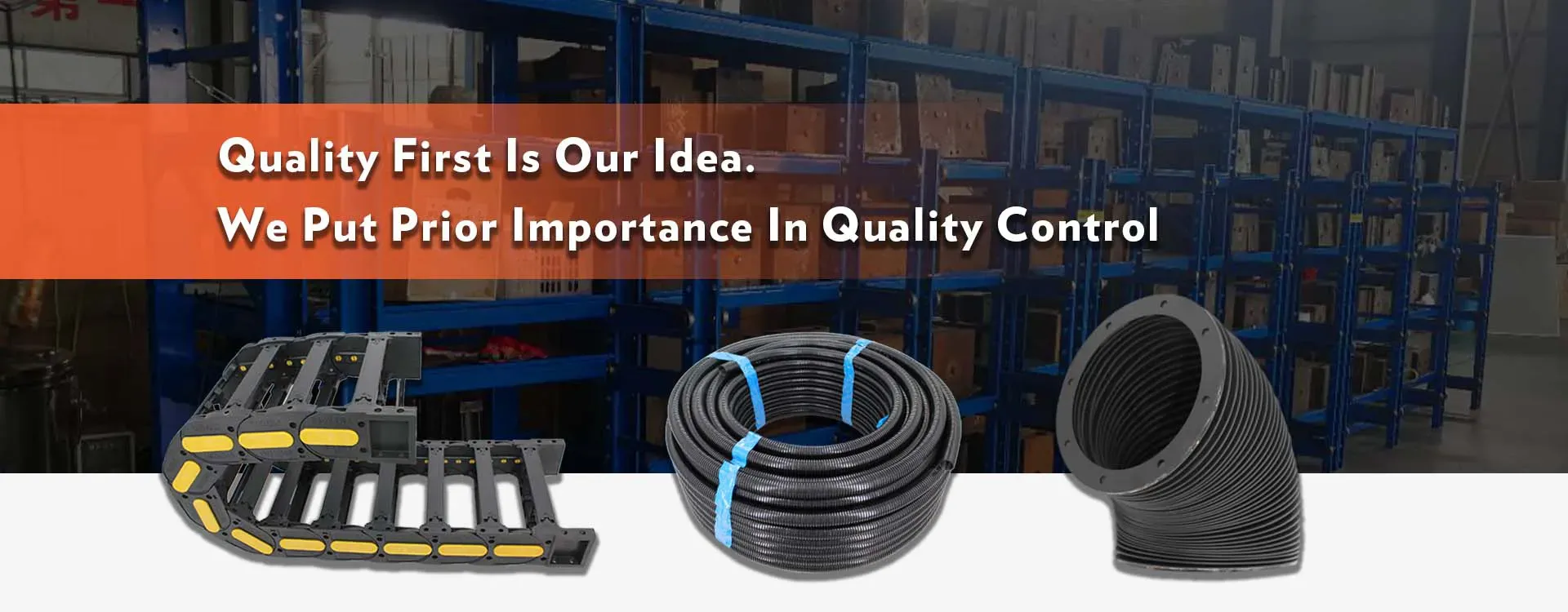Flexible Corrugated Electrical Conduit Solutions for Efficient Wiring and Protection in Various Applications
Corrugated Electrical Conduit An Overview
Corrugated electrical conduit is an advanced construction product designed to provide protection and support for electrical wiring systems. Unlike traditional rigid conduits, corrugated conduits are made from flexible, durable materials that allow for easier installation and adaptability to various environments and applications.
Key Features and Benefits
One of the most prominent features of corrugated electrical conduits is their flexibility. This characteristic makes them particularly advantageous in complex installations, where direction changes and space constraints can pose significant challenges. The corrugated design enables the conduit to bend without breaking, allowing it to navigate around obstacles and make tight turns without the need for additional fittings or connectors.
In addition to flexibility, corrugated conduits are also lightweight, making them easier to transport and install. Installers can handle longer lengths and carry multiple segments without the burden of heavy materials, thereby increasing productivity and reducing labor costs. Furthermore, the smooth inner surface of corrugated conduit facilitates the easy pulling of wires, minimizing the risk of damage during installation.
Another significant benefit is the material used for manufacturing corrugated conduits
. Typically made from high-density polyethylene (HDPE) or polyvinyl chloride (PVC), these materials provide excellent resistance to environmental exposure, including moisture, chemicals, and UV rays. This durability makes corrugated electrical conduit suitable for both indoor and outdoor applications, including residential, commercial, and industrial settings.Versatility in Applications
corrugated electrical conduit

Corrugated electrical conduits are widely used across various sectors due to their versatility. In residential construction, they are often employed in light fixture installations and home wiring systems. In commercial environments, these conduits protect electrical wiring in office buildings, shopping malls, and warehouses, where flexibility and ease of installation are paramount.
For industrial applications, corrugated conduits prove invaluable in factories and manufacturing facilities where equipment and machinery frequently change locations. Their ability to withstand harsh conditions, such as exposure to oils, chemicals, and extreme temperatures, ensures that the electrical systems remain safe and operational.
Compliance and Safety Standards
When it comes to electrical installations, safety and compliance with local codes are of utmost importance. Corrugated electrical conduits that meet the standards set by organizations such as the National Electrical Code (NEC) in the United States ensure that installations are conducted safely. These standards govern the types of materials used, the installation process, and the maintenance of electrical systems to prevent hazards such as short circuits and electrical fires.
Conclusion
Corrugated electrical conduit represents a modern solution for protecting electrical wiring while offering flexibility, durability, and ease of installation. Its lightweight nature and resistance to environmental factors make it a preferred choice among electricians and construction professionals alike. Whether in residential, commercial, or industrial settings, corrugated conduits provide a reliable and efficient method for managing electrical systems.
As technology advances and the demand for adaptable, efficient construction solutions continues to grow, the role of corrugated electrical conduits is expected to expand even further. Their ability to meet diverse needs while adhering to strict safety standards positions them as a crucial component in the ongoing evolution of electrical installations, contributing to safer, more efficient work environments.








